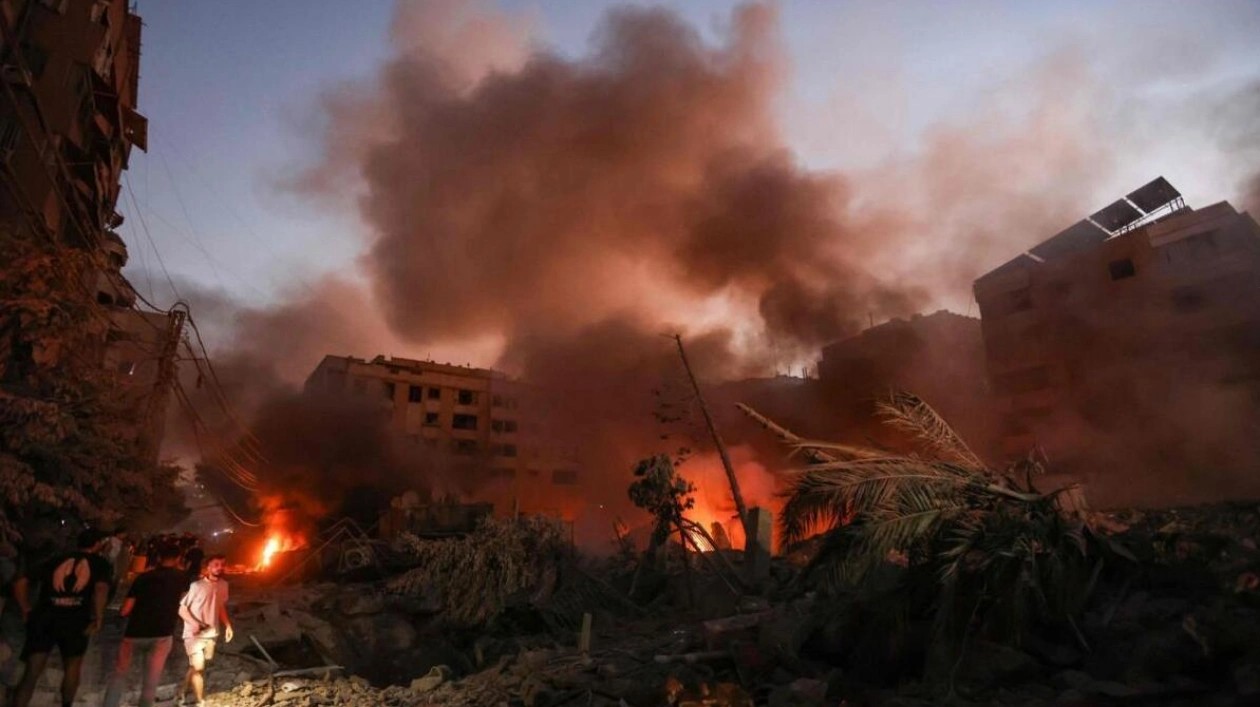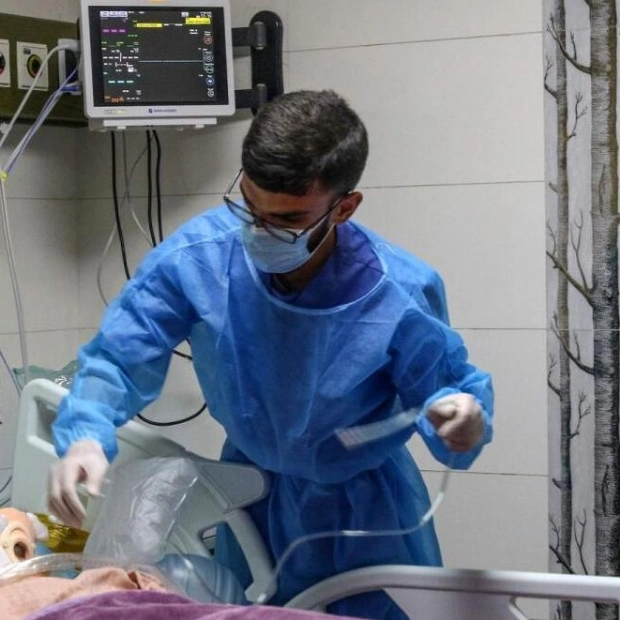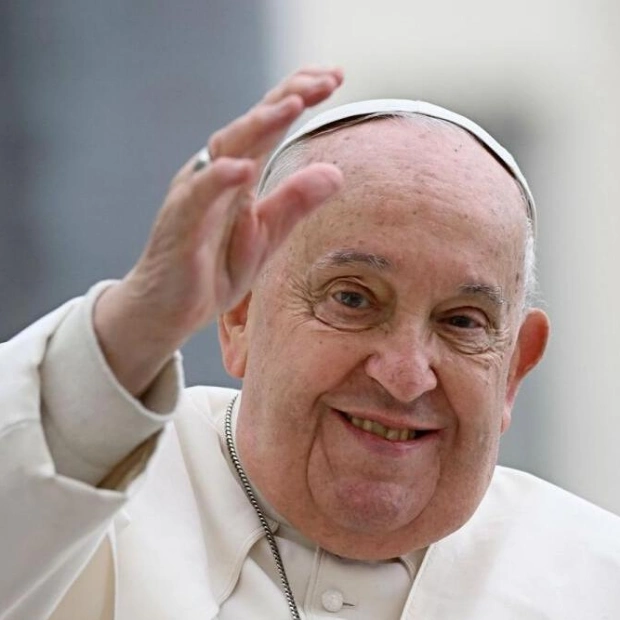Israeli fighter jets launched a series of intense airstrikes on the southern suburbs of Beirut overnight into Saturday, causing widespread panic among residents. The strikes were reportedly aimed at Hezbollah leader Hassan Nasrallah, although a source close to the group stated that he was unharmed. Israel claimed it was targeting Hezbollah's headquarters, with Israeli television networks suggesting Nasrallah was the primary objective.
The explosions in southern Beirut marked the most severe attacks on the Iran-backed movement's stronghold since the 2006 war between Israel and Hezbollah. Following extensive airstrikes on Friday, Israel issued new warnings urging residents to evacuate the densely populated Dahiyeh suburbs early Saturday. The Israeli army declined to comment on Nasrallah's status but announced that its air strikes had killed Muhammad Ali Ismail, the commander of Hezbollah's missile unit in southern Lebanon, along with his deputy and other senior officials.
The Israeli military also claimed to have eliminated Ibrahim Muhammad Kabisi and other senior officials within Hezbollah's missile and rocket array. Hezbollah has yet to confirm or deny Israel's claims regarding the commanders. IDF spokesman Daniel Hagari stated, "We are still assessing the impact of the attack on Hezbollah's central headquarters, which is located beneath civilian buildings in the Da'aheh neighborhood, in an underground space. We will provide updates as soon as we have more information. We are confident that our attack was highly precise."
Hundreds of families, forced to flee their homes, sought refuge in downtown Beirut's Martyrs' Square or along the seaside promenade. Earlier, at the UN General Assembly, Israeli Prime Minister Benjamin Netanyahu vowed to continue fighting Hezbollah until the country's border with Lebanon was secure. "Israel has every right to eliminate this threat and ensure the safety of our citizens," he declared.
Since Monday, Israel has redirected its focus from Gaza to Lebanon, where heavy bombing has resulted in over 700 fatalities and prompted an exodus of approximately 118,000 people. A source close to Hezbollah reported that the initial wave of strikes had destroyed six buildings, with a preliminary toll indicating six deaths and 91 injuries. Israeli public broadcasters and newspapers reported that the overnight bombardment was specifically targeting Hezbollah leader Nasrallah.
In the Haret Hreik neighborhood of Beirut, strikes created craters up to five meters wide, according to an AFP photographer, who also noted the presence of ambulances and ongoing fires. Following the initial wave of strikes on Beirut, Hezbollah retaliated by firing more rockets into Israel, claiming it was defending Lebanon and its people. There were no immediate reports of casualties. The Israeli military warned civilians in Hezbollah's south Beirut stronghold to evacuate before conducting a second round of bombings, targeting Hezbollah positions in the Tyre area of southern Lebanon.
US Secretary of State Antony Blinken renewed calls for a ceasefire, following the failure of a US-led truce effort earlier in the week. "While the path to diplomacy may appear challenging at this moment, it remains essential," Blinken stated. In New York, Netanyahu also addressed the conflict in Gaza, asserting that Israel's military would continue to combat Hamas until achieving "total victory."
Following the Beirut strikes, Iran's embassy in Lebanon condemned the attacks as a "reprehensible crime" that represented a dangerous escalation, altering the rules of engagement. Iran's president, Masoud Pezeshkian, later denounced the strikes as a "flagrant war crime." The toll of the war includes the deaths of 1,205 people, mostly civilians, resulting from Hamas's October 7 attack, according to an AFP tally based on Israeli official figures. Of the 251 hostages seized by militants, 97 remain in Gaza, including 33 whom the Israeli military claims are deceased. Israel's retaliatory offensive has claimed at least 41,534 lives in Gaza, the majority of whom were civilians, according to figures provided by the Hamas-run territory's health ministry, which the UN considers reliable.






